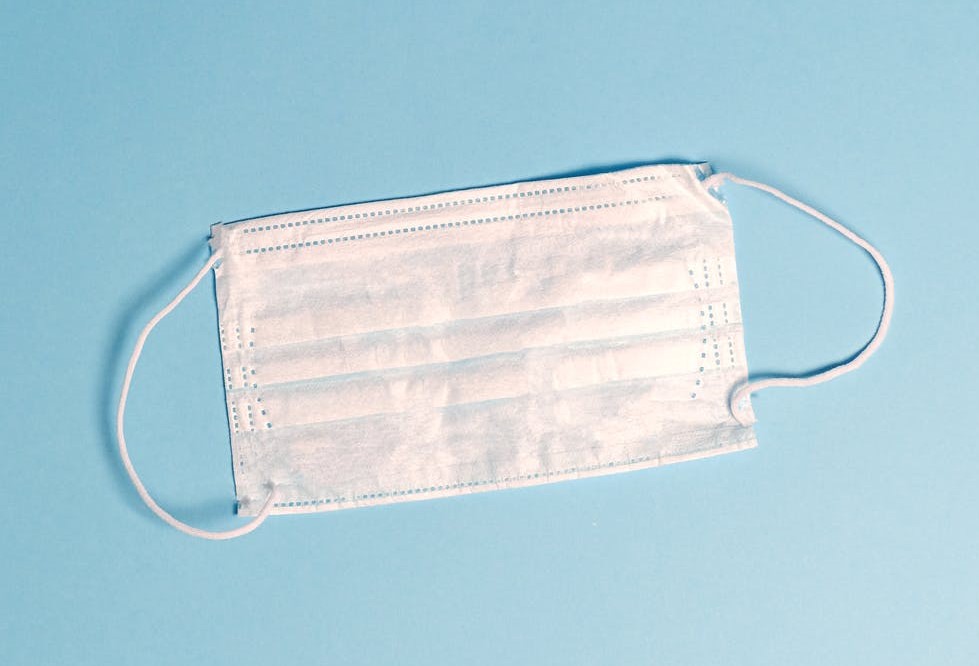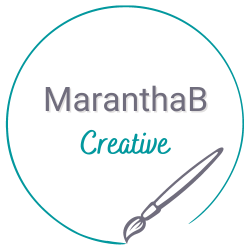By MaranthaB

My new writing blog has turned into a “WTF log.” A sort of digital diary of what is going on in my head and my daily life during this wild time of coronavirus lock-down. My day job has gone from writing articles about labor law news to watching governors give updates on state stay-at-home orders. Unfortunately for my attempts to escape from the news, these updates include statistics and data on how many COVID-19 positive patients are in these states and how many new deaths have resulted.
After watching these press briefings, I often fall into rabbit holes looking at the curve of infections in the U.S. as compared to various states. I also end up on local news online outlets to look at regional news on COVID-19 infection rates and the pandemic’s effects on various local economies.
The news initially makes me feel terribly sad for a moment. Ironically, it feels like a physical heaviness in my chest. After the sensation passes, my brain shuts off and goes into what might be classified as emotional numbness. I recognize it as my lawyer brain kicking in. This state is a level of intellectual functioning that assesses quantitative damage, unhindered by human estimations or emotions. In other words, lawyers divorce themselves from normal human feelings and begin to wonder who is liable for the damage, injury, and death? What groups are most at risk? Who is likely to get sued for endangering workers or citizens? What hospitals or healthcare workers may be attacked for their alleged negligent handling of this COVID-19 crisis?

This assessing strategy is a coping mechanism that nearly all law students learn while reading about the dregs of humanity during three years of mental boot camp at law school. Attorneys, when reading news, often start to assess damages and liabilities, rather than pain or sadness. It’s a pretty sick state, IMO. However, this detachment does come in handy when taking in a large amount of difficult information or what would normally be emotionally charged news. I suppose I should be grateful to have developed this “skill” before the current crisis took hold of our collective conscious.
At any rate, the effect of this coping mechanism is that I often take in troubling news with very little emotion after the first smack-in-the-face sensation passes. But bad news also has a cumulative effect. For example, I’ll hear a podcast about an emergency doctor breaking down or read a news story about someone dying alone in the ICU, and something in me breaks. I don’t sob or throw things or eat a whole bag of cookies. I just crack a little with a single tear or two, pour a glass of wine, and switch back to functional mode. This reaction doesn’t feel particularly good or normal, even, but it does allow me to get through the days while supporting my family and keeping up with the never-ending dishes and clutter since we’ve all been sheltering in place.
I do worry about the long term effect of living in denial. I suppose that time will tell what happens once the enormity of this worldwide crisis actually sinks in. For now, I’m just trying not to let my few glasses of wine turn into a bottle. Or to give in to the temptation to nap for two hours every afternoon. So, readers… here’s to the light at the end of the tunnel. Cheers!

